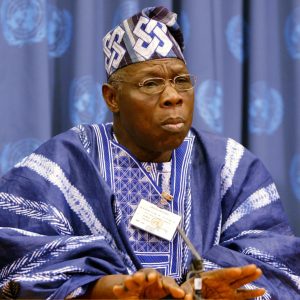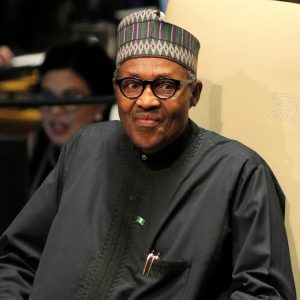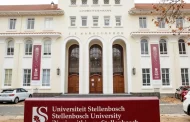The coup in the West African State of Guinea yesterday is said to have escalated the price of Aluminum for which the country is the second world largest producer, others being China, Australia, Russia and Brazil. A report by Henry Sanderson and Neil Hume in the Financial Times of London said prices of the raw material hit their highest levels in a decade on today, (Monday, September 6th, 2021) in the wake of the coup yesterday.
According to the paper, Guinea supplies about 25 per cent of the world’s bauxite, mostly to China and Russia The coup must be shaking the price structure of the raw material in the world market arising from uncertainty about what comes next with the shoving aside of the former president, Alpha Conde by his military officers who are promising more substantive democracy.
West Africa is turning out to be one of the major sites of transnational jihadism which has defined post Cold War international security. No part of the continent is free of terror groups, from North Africa and the Maghreb to the Sahel/ECOWAS axis down to East Africa and in the Southern tip. Unfortunately, the continent is the weakest in state capacity and technological wherewithal to cope, what with fragile governments and deeply divided societies suffocating under neoliberal conditionalities.

Chief Olusegun Obasanjo, Buhari’s distant predecessor and a retired General

Incumbent president of Nigeria, Muhammadu Buhari, another retired General
The combination of these factors means that many of the African states still suffer what was said generally about them in 2005: either coming out of war or about to enter. Neither the capacity for maneuvering is much to write home about at the level of the political leadership nor has the citizenry been conscientised as to collectively assert themselves along popular democratic aspirations.
It is in that context that the masses dance on the street even before they know the pedigree of a typical coup plotter. But, in most cases, “the military came in as political physicians but ended up as political patients requiring even greater dosages of the medicinal prescription they had come in to serve to politicians”, to quote one of Nigeria’s foremost scholars of civil-military relations.
Interestingly, it is not only the masses who dance to welcome coupists. At a point in the mid 1980s, Nigerian intellectuals were passing off a vanguardist narrative of the military. The debate went on for quite sometimes before one of them of them said such a theory of revolution was the very anti-thesis of a revolution. Things have so degenerated it is no longer clear if any such debates take place in Nigerian universities anymore.

Gen Babangida and his storm troopers in the August 1985 coup in Nigeria but, earlier on, he over ruled “undue radicalism”

The challenge in Africa: overcoming the coup overhang
But there is no knowing which side in that debate has had the last word even as no recent coupists has been much clichés – fake or genuine. That might point at a new danger from coups. As conservative as the military establishment in Nigeria, at least many of the December 1983 coupists were wearing black berets, hinting something darkly radical. It didn’t take time though before they distanced themselves from any such comic script. So, why not even any pretentious hints of radicalism across Africa in any of the recent coups? Is that further degeneration of a new risk?
It is very unlikely that people will become too comfortable with military rule very soon, given what many experienced in the decades of military regimes across the continent. While military rule in some Asian countries paid off, Africa lost so much to coup-star Generals. It must be paradoxically interesting that majority of the democratically elected presidents in Nigeria’s 4th Republic are products of the military orientation.
Meanwhile, it is the price of Aluminium that the overthrow of Alpha Conde has triggered that is the concern of the world with the Financial Times quoting analysts at JPMorgan as saying that “The increased uncertainty around the new political regime in one of the world’s largest bauxite-producing countries may disrupt global commodity export flows and also raises the likelihood of export contracts renegotiation, which may put upside pressure on alumina and aluminum prices”.
More details in the story include how Guinea supplied China with 55 per cent of its bauxite supply in the first seven months of this year even as China is the world’s largest producer of aluminum. Two, analysts at BMO Capital Markets are also saying “We would expect more aggressive Chinese purchases of alumina over the coming weeks as a supply hedge”.
There are few African countries that are not mineral rich but they cannot make anything out of such richness as long as they cannot add industrial value to them. Nowadays, strategies of industrialisation is not even part of the debate in most African countries, including the academia, providing perhaps the strongest evidence that the continent’s suffering is probably just about to begin. What can a continent that is not industrialised ever do?




























